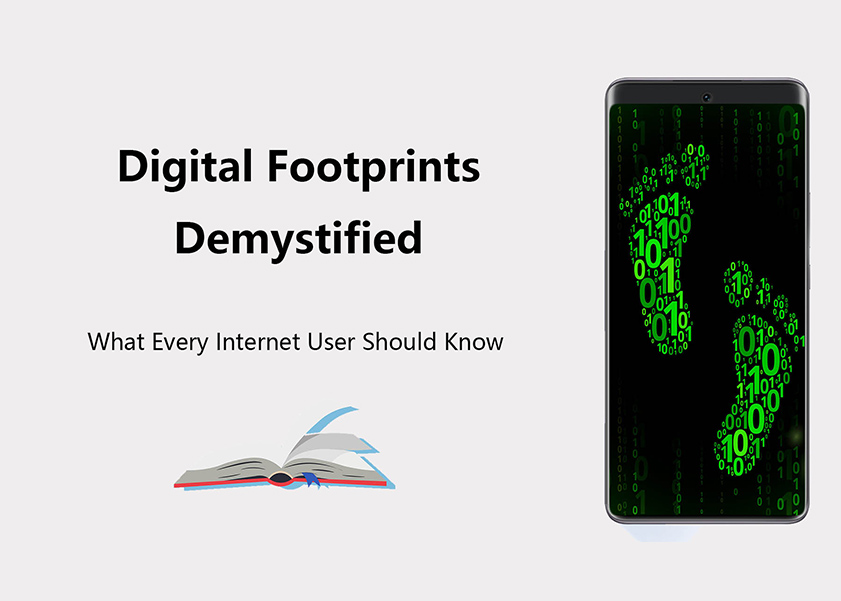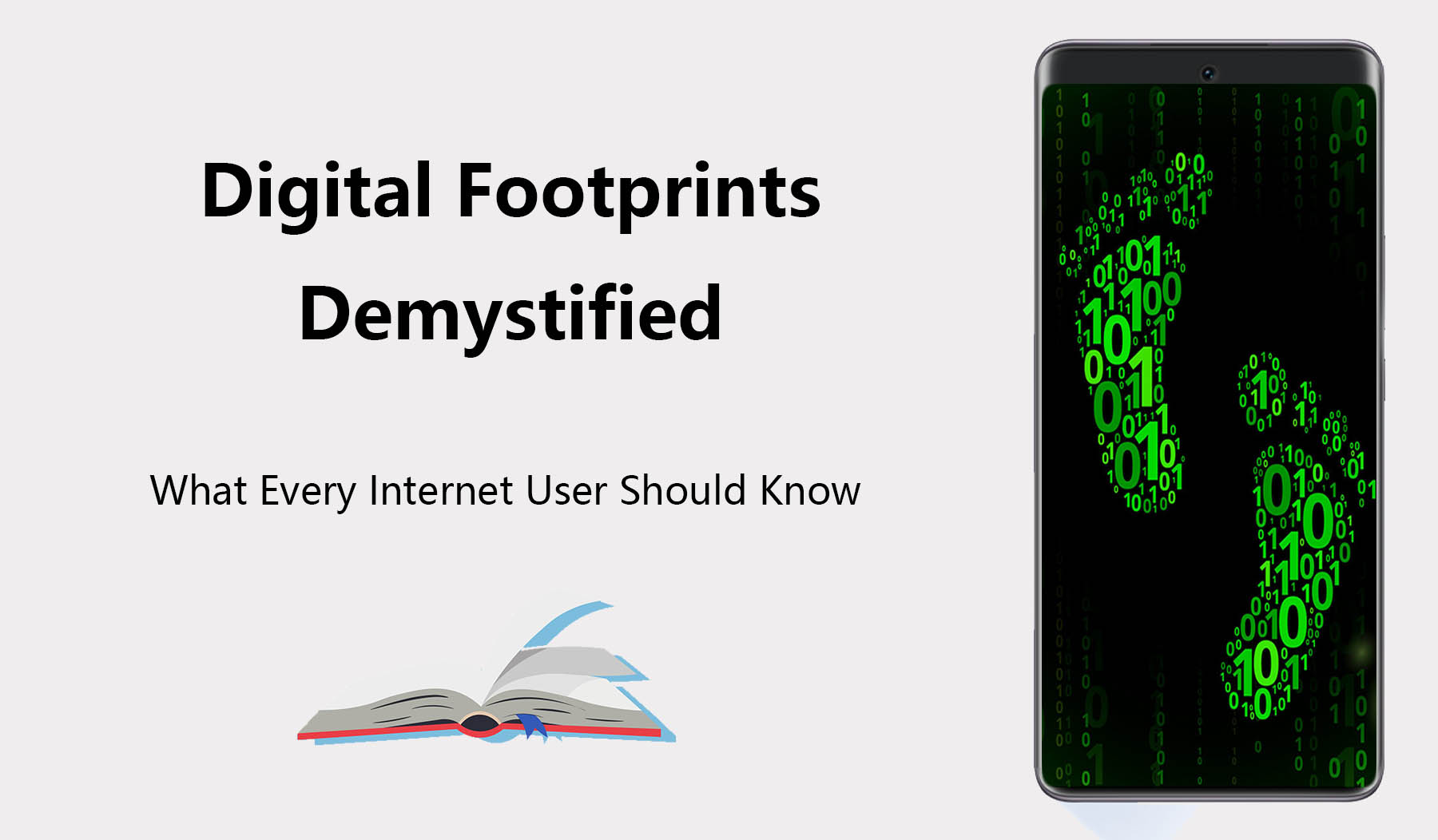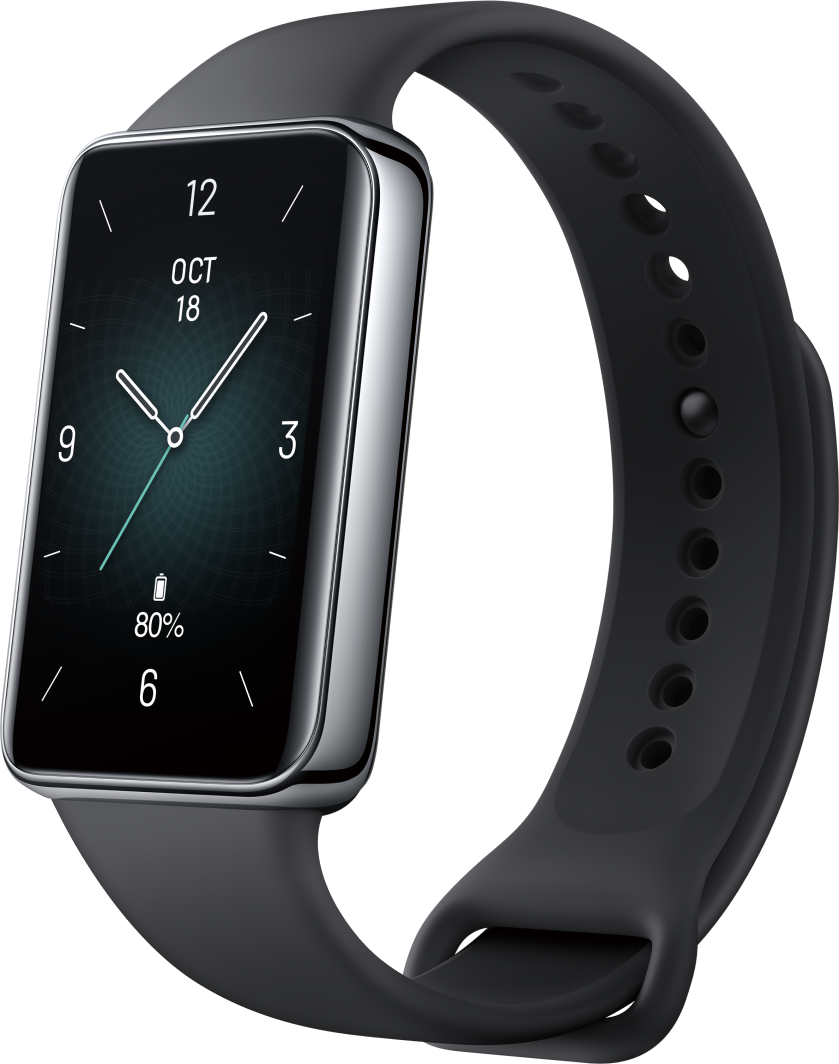TOP

我的荣耀 开启荣耀之旅
To log in to your account, you must first agree to the HONOR PLATFORM TERMS OF USE and HONOR Platform Privacy Statement. If you do not agree, you may only browse the site as a guest.

Digital Footprints Demystified: What Every Internet User Should Know
Every time we interact with platforms, companies are active in collecting information about us. While each website may hold important details, the combined effect of this data accumulation is what we commonly refer to as footprint.
Beyond the surface of digital footprints, what are they really? How does it shape our presence? In this blog, we discuss the nature of footprints, their implications, and the options individuals have to shape and minimize their online footprints.

What Is a Digital Footprint?
When you engage in activities, on the internet you inevitably leave behind traces of information like leaving footprints. These traces are referred to as your footprint. It expands through means – such as posting on media, subscribing to newsletters, writing online reviews or making online purchases.
At times you may not even be aware that you are creating a footprint. Websites can track your actions using cookies on your device and apps can collect your data without your knowledge. When you share your information with a company there is a possibility that they might share or sell it to others. In case of a security breach or hack even your information could be at risk.
Understanding Digital Footprints
A digital footprint definition encompasses the activities performed by something in the digital realm. It includes both actions (like browsing websites or storing information in cookies) and deliberate actions (like posting on social media platforms, creating accounts, on websites or engaging in chosen activities). Having a footprint helps entities establish a presence and reputation while also influencing others.
However, the presence of a trail also raises privacy concerns. It enables companies to display advertisements to individuals based on their preferences while also monitoring their activities secretly.
Creating Digital Footprints: Actively vs. Passively
Digital footprints can be formed in two types - actively or passively.
1. Active footprint: This occurs when you consciously share personal information on the internet by posting on social media platforms or participating in online forums. It's like intentionally leaving breadcrumbs for others to find.
2. Passive footprint: On the flip side, passive footprints are generated without your knowledge or consent. Websites may track your activity through cookies while apps collect data about your usage - all behind the scenes.
Digital Footprints Examples
From social media to online banking and beyond, every virtual step we take leaves a mark. So, let's explore some examples of digital footprints:
1. Social Media Profiles - More Than Just Status Updates
It all begins with the platforms we love most, social media. In your feeds filled with funny memes and captivating photos, little do you realize that even if you keep your profile private, these platforms still collect information about you.
2. Internet Browsing History - Every Click Counts
Each time you hit that search button on Google or Bing, your browser eagerly saves various tidbits about your browsing history. From websites visited to keywords searched for – it all paints an image of who you are in cyberspace.
3. Emails - Lost in cyberspace
Think deleting an email makes it disappear? Think again! Despite clicking that "delete" button immediately after sending or receiving sensitive messages, copies may still linger within servers' databases – complete with attachments and recipient details.
4. Online Shopping - A Double-Edged Sword
Ah, the thrill of adding items to your virtual cart! But have you considered how each purchase adds to your digital footprint? Your transaction data such as credit card numbers and shipping addresses become part of the ever-growing trail linking back to you.
5. Online Forums - Sharing Opinions Leaves Traces
Engaging in discussions is both enriching and entertaining. However, every comment or post shares a piece of your digital self. Your personal opinions and experiences can be traced back to you through these online interactions.
6. Online Banking - Every Transaction Counts
Managing your finances online has become commonplace for many. But did you know that every transaction made adds to your digital footprint? Paying bills or transferring funds—each click leaves a mark on the path others may follow.
7. Online Gaming - Leaving Imprints in Cyber Battlegrounds
For avid gamers out there, virtual victories come with a hidden consequence: the growth of your digital footprint. From chat logs that record conversations to game scores that display your agility, every move is recorded.
And there you have it! Some examples illustrate how our online activities add to our growing digital footprint! It's crucial to remain mindful and aware of what we share on the internet as it can easily trace back to us.
Why Are Digital Footprints Important?
Digital footprints have lasting effects that can shape both our personal and professional lives:
1. Building Your Online Reputation: Once something makes its way into cyberspace - whether intentionally or unintentionally - it becomes almost impossible to control who uses this information or how it impacts your reputation.
● Employers now consider our digital reputations alongside our offline ones.
● Universities often check applicants' online behaviour before making admissions decisions.
● Potential partners may form impressions based on what they see in our virtual tracks.
2. Targeted Ads Based on Your Behaviour: Online marketers analyse our vast amount of digital footprints to deliver personalized ads tailored specifically to our interests and browsing history. It's like they're peeking behind the curtain of your online life.
How to Protect Your Digital Footprints?
1. Check what’s out there: Do a quick search on search engines using different variations of your name. This will give you an idea of what others can find about you online.
2. Reduce visibility: Certain websites may have more personal information about you than desired. Reach out to these sites and request the removal of any sensitive data they may possess.
3. Be cautious with sharing: Every time you provide personal information, such as filling out forms or surveys online, your digital footprint widens. Think twice before sharing unnecessary details that could potentially compromise your privacy.
4. Adjust privacy settings: Take control of who sees your social media posts by reviewing and adjusting privacy settings on each platform accordingly.
5. Mindful sharing on social media: While connecting with others is easy through social media platforms, avoid oversharing personal details publicly, such as location or travel plans.
6. Beware unsecured websites: When dealing with sensitive information online, always ensure the website is secure (check for ‘https://’ in the URL) before sharing any confidential data.
7. Avoid public Wi-Fi: Public Wi-Fi networks are insecure by nature; refrain from transmitting private data when connected to them.
8. Delete old accounts: Reducing your digital footprint involves deleting dormant accounts that hackers could potentially exploit if left unattended.
9. Create strong passwords & use password managers: Utilize complex passwords consisting of uppercase letters, lowercase letters, numbers, and symbols for ensuring robust security. Consider employing password manager software that generates unique passwords while keeping them securely stored.
10. Keep software updated: cyber criminals exploit vulnerabilities in outdated software. Remember to regularly update your operating system and apps to stay protected from potential data breaches.
11. Review mobile app permissions: Before installing an app, thoroughly read the user agreement detailing what information it collects and shares. Adjust settings accordingly based on your comfort level with data sharing.
12. Think before you post: Be mindful of what you share online as it contributes to your digital footprint. Ensure that the content portrays the image you want others to see.
13. Act swiftly after a breach: If you suspect any security breach, take immediate action by contacting relevant institutions, changing compromised passwords, and reporting fraudulent activity.
14. VPN for added protection: Consider using a Virtual Private Network (VPN) when browsing the internet, granting privacy and preventing websites from tracking your online activities.
15. Upgrade your device: Keep your device's operating system and apps up to date to ensure that security patches are applied and vulnerabilities are addressed. Consider using a device with advanced privacy features, such as the HONOR Magic Series, which features AI Privacy Call 2.0 to help prevent eavesdropping on your phone calls.

Conclusion
In today's interconnected world, it is crucial to understand the impact of our activities. The traces we leave influence not only how others perceive us, but also the opportunities and information we encounter.
Armed with this knowledge you can protect your privacy, curate our image and make decisions. So embrace the power of maintaining a well-managed online presence and venture into this world with confidence.
Source: HONOR Club
SUBSCRIPTION
I agree to receive the latest offers and information on HONOR products through email or IM (e.g. WhatsApp) provided below and advertisement on third-party platforms. I understand that I can unsubscribe anytime according to Chapter 5 of HONOR Platform Privacy Statement.
CONTACT
Honor Technology (Malaysia) Sdn Bhd
(Registration No.: 202101003804)
1800-88-5645
9:00 AM - 6:00 PM
Copyright © Honor Device Co., Ltd. 2020-2025. All rights reserved.
We use cookies and similar technologies to make our website work efficiently, as well as to analyze our website traffic and for advertising purposes.
By clicking on "Accept all cookies" you allow the storage of cookies on your device. For more information, take a look at our Cookie Policy.
Functional cookies are used to improve functionality and personalization, such as when playing videos or during live chats.
Analytical cookies provide information on how this site is used. This improves the user experience. The data collected is aggregated and made anonymous.
Advertising cookies provide information about user interactions with HONOR content. This helps us better understand the effectiveness of the content of our emails and our website.














































































